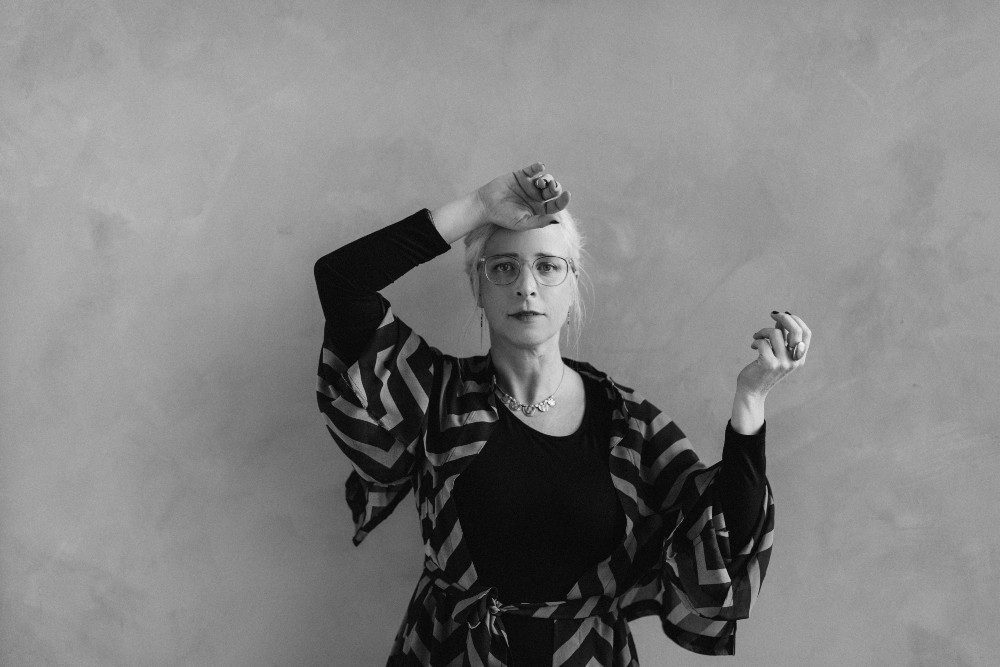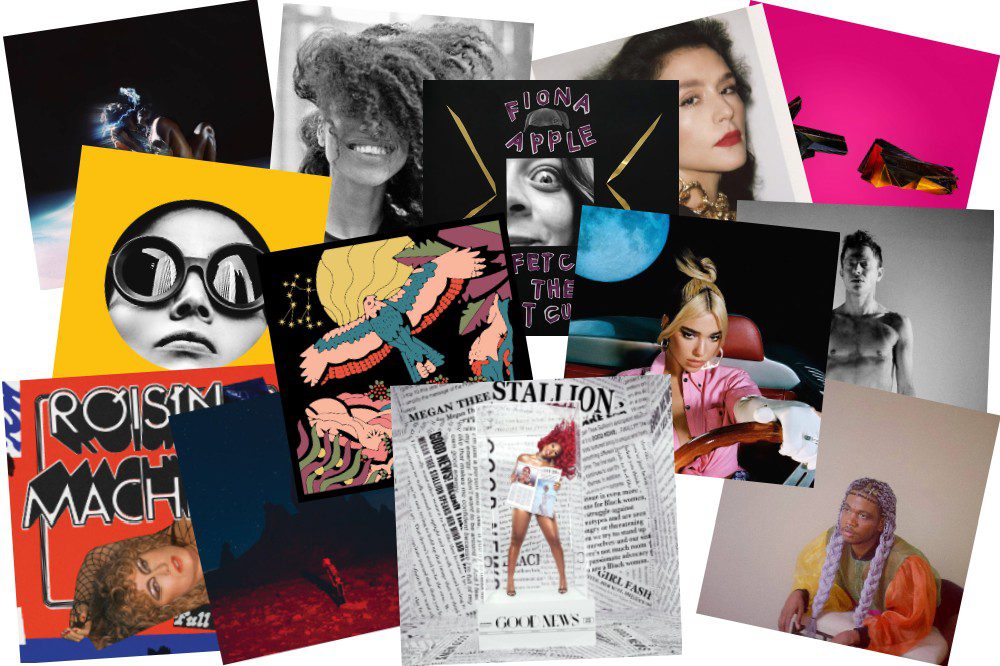Laura Veirs ‘Found Light’ Amid Loss for Her Latest Album


It’s impossible not to recognize Laura Veirs‘ distinct voice and mystical, almost spoken lyrics. Having released twelve albums since 1999 (the last being 2020’s My Echo), she just put out her new album Found Light, on July 8 — and the 14 tracks feature the same folky melodies and natural themes found through her work, as well as some ear-catching experimental sounds.
Veirs wrote the album while going through a divorce, which influenced the topics of the songs as well as her production process. This is her first album that was not produced by her ex-husband; instead, she co-produced it with musician and composer Shahzad Ismaily in Brooklyn and Portland, Oregon, bringing in live guitar, drums, saxophone, flute, and violin, with Veirs herself on guitar and keyboard. “I had my hands on the reins of every song,” she says. With lots of vocal echoing, soft, angelic harmonies, and unexpected instruments, Found Light is as surprising as it is soothing.
Lyrically, much of the album deals with processing loss and the end of a relationship. The most recent single, “Eucalyptus,” uses eucalyptus trees — which can spontaneously drop their branches, making them potentially deadly — as a metaphor for what Veirs’ divorce felt like: having something suddenly fall on your head. Punchy electronic beats build momentum and drama, and the sound of rainfall creates the earthy feel of a forest as she sings: “Eucalyptus smells sweet/and with its grey-green leaves, it’s beautiful/and like you/it’ll drop its branches suddenly.”
Veirs meditates on several other natural themes in Found Light, echoing older albums of hers like 2007’s Saltbreakers and 2018’s The Lookout. The single “Seaside Haiku” is based on a poem she wrote about a trip to the beach, which a Patreon follower encouraged her to set to music. Out-of-time, washed-out guitars mimic ocean waves and give off a garage-rock vibe.
“I care about climate change and all the issues going on, but when I’m writing, it’s coming from a place of enchantment and mystery around nature,” she says.
“Winter Windows,” another single off the album, is about setting boundaries in a world where women are socialized not to. “I used to watch them/watch you light up every room/now it’s up to me/the lighting I can do,” she sings against energetic guitars.
“Sometimes, it’s been hard for me to not give too much of myself in relationships — so this is a meditation on boundaries and not giving everything of yourself away, aimed toward the woman listener,” she says.
Veirs took inspiration from the book The Field Guide to Getting Lost by Rebecca Solnit, who writes about getting lost on purpose. “I definitely felt lost,” she says. “It’s okay; it’s the human condition, really, if you think about it. No one knows where they’re going. Life is unpredictable. We are always grasping for security and stability because life is unknown and unpredictable and chaotic. But I do feel we can find our own internal stability, and also the stability of the people around us to be guides and to not feel too lost.”
As she was working on the album, she was learning to become more comfortable being in the dark — both in terms of her divorce and in terms of the pandemic and the societal injustices occurring over the past few years. The album’s title, Found Light, describes the ability to find positives in this state of uncertainty. It references the Langston Hughes poem “Helen Keller,” in which he writes, “She/In the dark/Found light/Brighter than many ever see.”
All in all, the album is “about finding light where you didn’t think it was available to you — and, specifically, the freedom and brightness that can come after a bad breakup,” she says. “That’s why people break up: because their relationship’s not working. But you don’t know if you’re gonna find the light at the end of it. But I found that in a visceral way. I did find a lot of light at the end of that tunnel.”
In addition to her music, Veirs teaches songwriting and creativity workshops and creates visual art, which she shares and sells on her Instagram. She’s currently on a tour spanning Europe and the U.S. — her first in three and a half years — which represents, in some small way, the light emerging at the end of the tunnel of the pandemic.
For those who feel as if we’re still in the dark, it may be helpful to take a lesson from the album and the process Veirs went through as she wrote it. “If you’re feeling lost, there’s fruits within that,” she remembers realizing. “There’s the fruit of connection to another person who also feels lost, or the fruit of connection with yourself to make sense of that by, in my case, making a piece of art or a song or a story around that. That’s, for me, what art does: it makes sense and beauty of what could be perceived as this chaotic void or meaningless existence.”
Follow Laura Veirs on Facebook and Instagram for ongoing updates.


